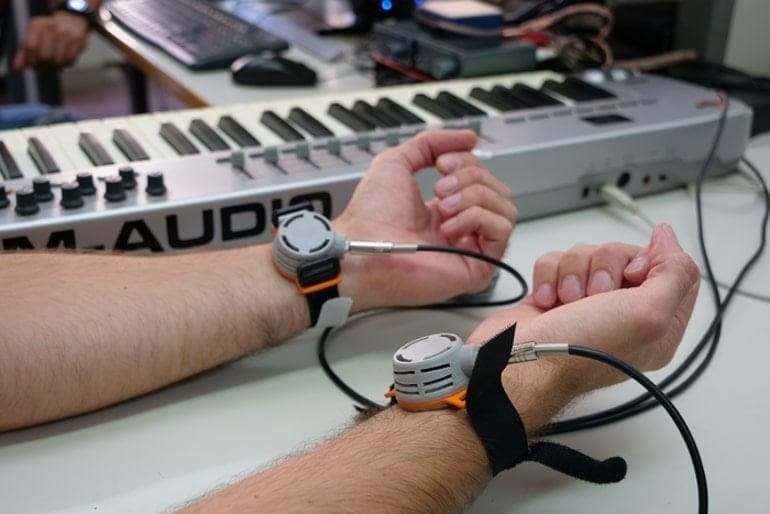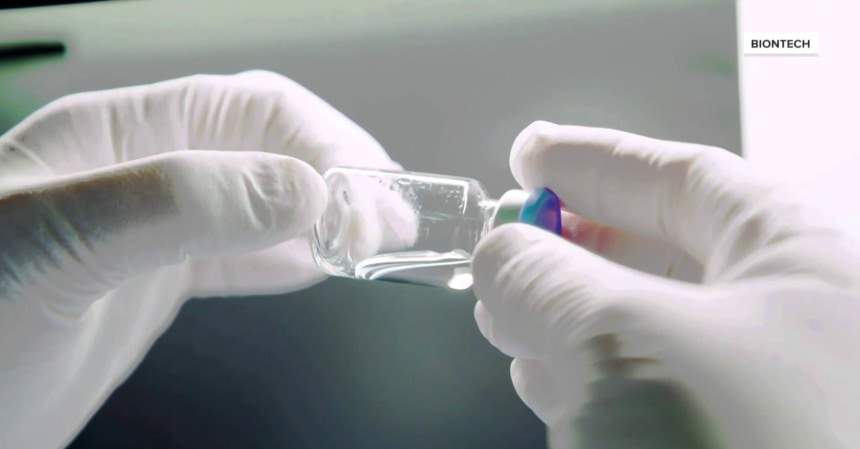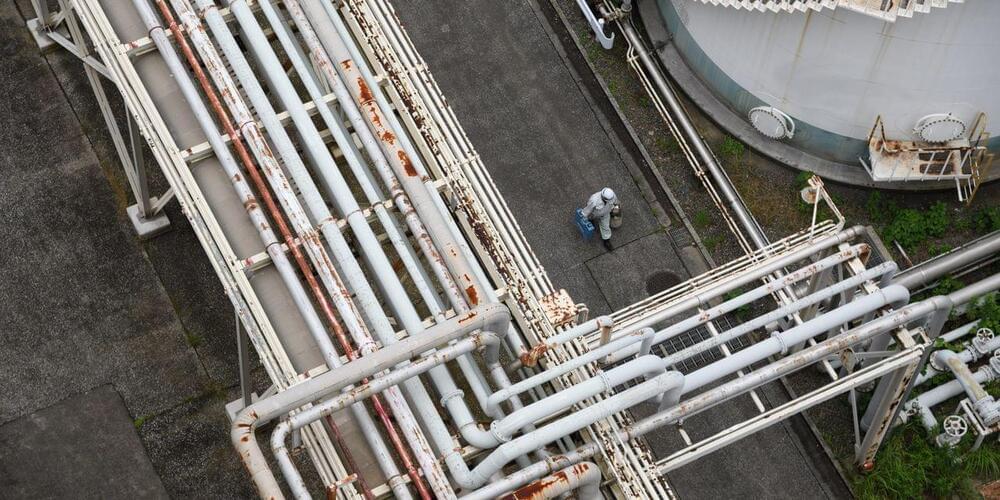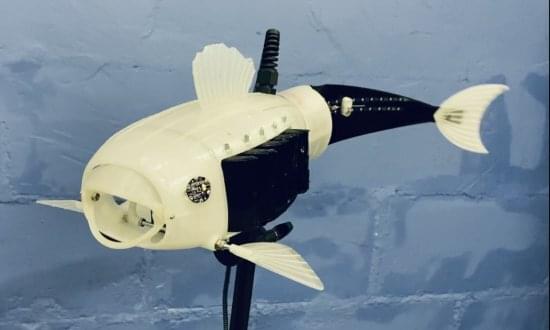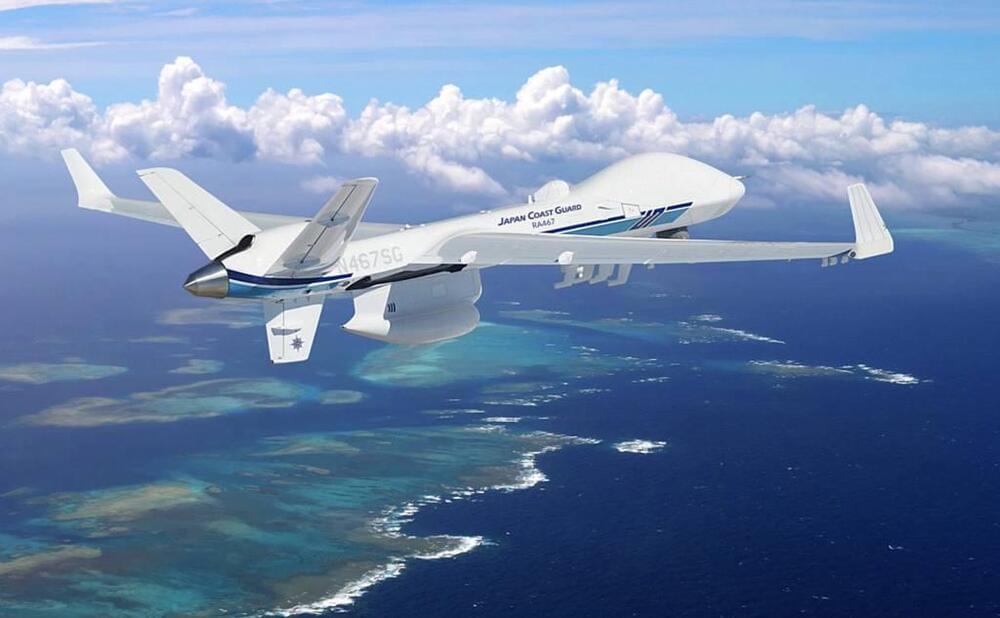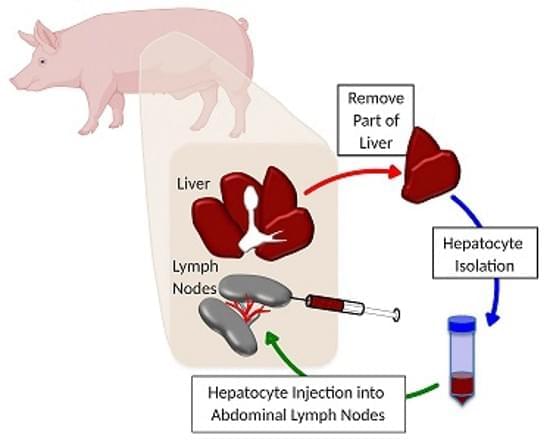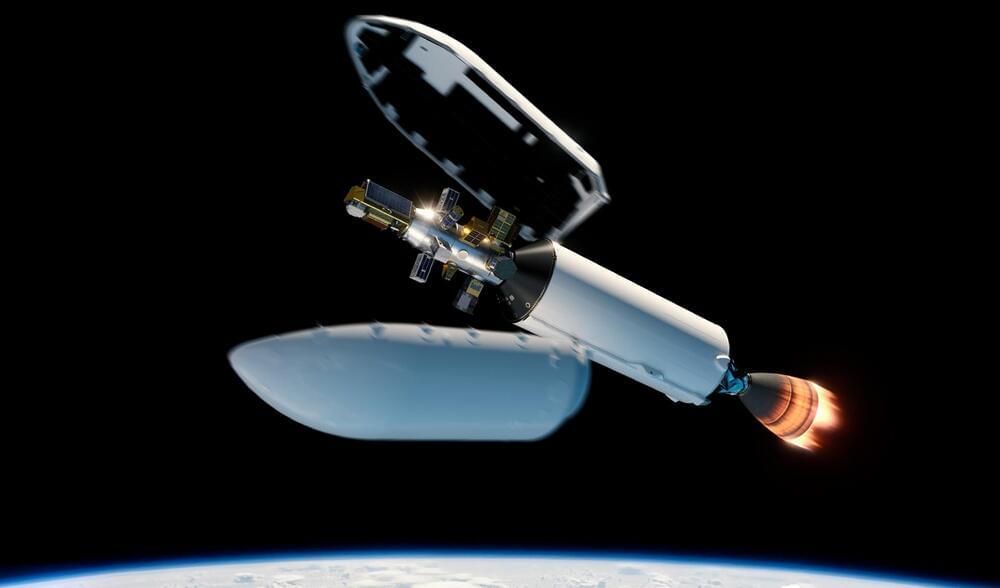The discovery that earned Japan’s Shinya Yamanaka the 2012 Nobel Prize in Medicine has paved the way for new research proving that aging is a reversible process. Currently just being tested on lab mice, will the cellular reprogramming soon offer eternal youth?
Summary: A pioneering new prototype allows those with hearing loss to “listen” to music through the sense of touch.
Source: University of Malaga.
People with hearing loss will be able to listen to music through the sense of touch thanks to a pioneering prototype that has been devised by researchers of the Department of Electronics of the University of Malaga, members of the R&D group “Electronics for instrumentation and systems”.
A newly identified colon cancer gene may drive the disease by making the environment in the vicinity of tumors more hospitable to them, researchers say. The…
Preclinical and clinical evidence for exercise as a senescence-targeting therapy and areas needing further investigation are discussed.
TOKYO—Japan imports nearly all of its natural gas and, despite the worst energy crisis in many years, it isn’t facing shortages or out-of-control prices.
Its secret is a reliance on long-term contracts for liquefied natural gas, a strategy that had been in decline until recently but now is rebounding in popularity. The world’s largest buyer of LNG is enjoying a moment of validation—at least for now.
A robot fish that filters microplastics has been brought to life after it won the University of Surrey’s public competition—The Natural Robotics Contest.
The robot fish design, which was designed by a student named Eleanor Mackintosh, was selected by an international panel of judges because it could be part of a solution to minimize plastic pollution in our waterways.
The competition, which ran in the summer of 2022, was open to anyone who had an idea for a bio-inspired robot, with the promise that the winner would be turned into a working prototype.
MELBOURNE, Australia — The Japanese Coast Guard has started operations with a newly delivered MQ-9B SeaGuardian drone, while more airborne early warning aircraft have arrived in the country by ship.
The UAV’s manufacturer, General Atomics Aeronautical Systems, said in a news release that the Coast Guard commenced flight operations with a SeaGuardian from the Japan Maritime Self-Defense Force Air Station Hachinohe on Oct. 19.
The American company said the high-altitude, long-endurance unmanned aircraft “will primarily perform Maritime Wide Area Search (MWAS) over the Sea of Japan and the Pacific Ocean. Other missions will include search and rescue, disaster response, and maritime law enforcement.”
Will humans be able to grow replacement organs? LyGenesis aims to prove it can be done.
LyGenesis is a biomedical company hoping to deliver a technology that will allow patients to grow functioning organs. If successful the company’s cell therapies will disrupt organ transplantation allowing patients to grow their own. Instead of surgery, a person will do what some amphibians and reptiles do today when they lose a limb or tail.
The company is using the inherent nature of lymph nodes and their evolutionary function, turning them into rapid bioreactors. Our lymph nodes already do this when they produce infection-fighting T-cells. But LyGenesis’ therapies turn donated organ cells into biofactories that can become a source for producing viable organs in multiple patients. The only minimally invasive procedure involved is the engrafting of the cells into a patient’s lymph nodes to begin the process of organ development.
After a treacherous journey, NASA’s Curiosity Mars rover has reached an area that is thought to have formed billions of years ago when the Red Planet’s water disappeared.
This region of Mount Sharp, the Curiosity rover’s Martian stomping ground, is rich in salty minerals that scientists think were left behind when streams and ponds dried up. As such, this region could hold tantalizing clues about how the Martian climate changed from being similar to Earth’s to the frozen, barren desert that Curiosity explores today.
SpaceX has rolled out an upgraded version of its Rideshare program that will allow even more small satellite operators to send their spacecraft to orbit for extremely low prices.
SpaceX threw its hat into the growing ring of smallsat launch aggregators in August 2019 with its Smallsat Program. Initially, the company offered a tiered pricing scale with multiple rates for the different sizes of ports a satellite operator could attach their spacecraft to. For customers purchasing their launch services more than 12 months in advance, SpaceX aimed to charge a minimum of $2.25 million for up to 150 kilograms (~330 lb) and a flat $15,000 for each additional kilogram. Customers placing their order 6–12 months before launch would pay a 33% premium ($20,000/kg).
SpaceX may have sorely misjudged the market, however, because the company introduced a simpler, reworked pricing system just a few months later. SpaceX slashed prices threefold, removed most of the tier system, and added a portal that allowed customers to easily reserve launch services online. Compared to the first attempt, the new pricing – $1 million for up to 200 kilograms (~440 lb) and $5000 for each extra kilogram – was extraordinarily competitive and effectively solidified SpaceX as the premier source of rideshare launch services overnight. Save for an inflation-spurred increase to $1.1 million and $5500/kg, that pricing has remained stable for almost three years, and SpaceX’s Smallsat Program has become a spectacular success.

